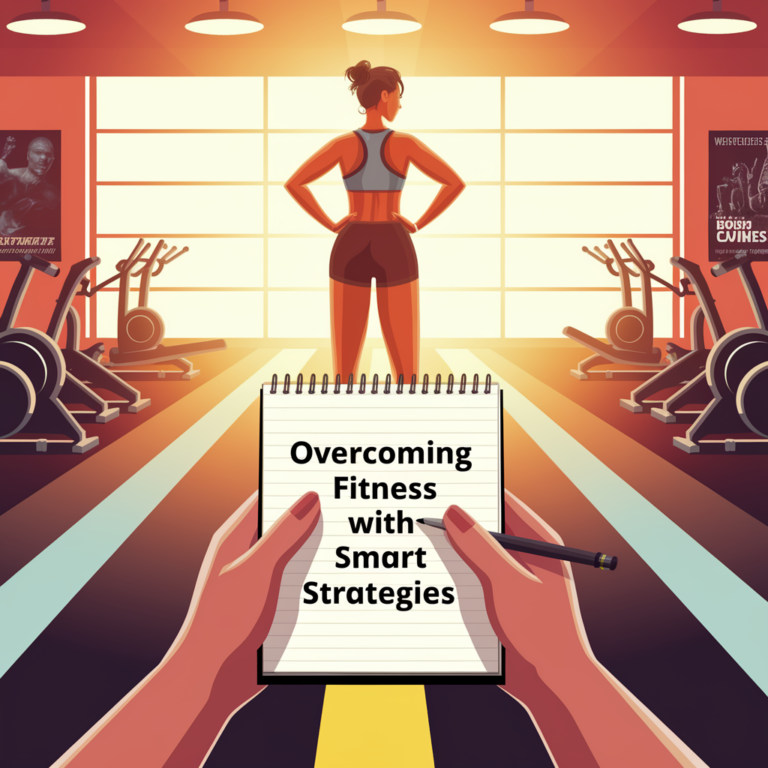Mental Health Resources for Collegiate Sports Teams
Participating in collegiate sports can be highly rewarding but also comes with significant pressures and challenges. Athletes often face immense stress from balancing academic responsibilities, rigorous training schedules, and the demands of competition. This can take a toll on their mental well-being, making access to appropriate mental health resources crucial for collegiate sports teams.
Understanding the Mental Health Challenges
Student-athletes are vulnerable to various mental health issues due to the unique stressors they encounter:
- Performance Pressure: Expectations to excel in both academics and sports.
- Injury Concerns: Fear of injuries and the impact on their sports career.
- Time Management: Difficulty in managing time effectively between academics, training, and personal life.
- Identity Issues: Challenges in balancing personal identity with athletic identity.
Importance of Mental Health Resources
Recognizing the importance of mental health in sports, many colleges and universities have started implementing comprehensive mental health programs tailored specifically for their sports teams. These resources aim to provide:
- Access to Counseling: Confidential counseling services that understand the unique pressures athletes face.
- Psychological Support: Psychologists or counselors specializing in sports psychology to help athletes perform under pressure.
- Education and Workshops: Workshops on stress management, resilience, and mental health awareness tailored for student-athletes.
- Peer Support Programs: Initiatives where athletes can support each other and share experiences.
Examples of Effective Programs
Several universities have developed exemplary mental health initiatives for their sports teams:
“At Stanford University, our sports psychology program integrates mental health into the overall athletic development of our student-athletes. We provide individual counseling, team workshops, and access to resources that help athletes thrive both on and off the field.” – Dr. Jane Smith, Director of Sports Psychology, Stanford University
Universities like Stanford focus on preventive measures as well, promoting mental wellness alongside physical fitness:
- 24/7 Helplines: Immediate access to mental health support for athletes in crisis situations.
- Online Resources: Digital platforms offering information on stress management techniques and relaxation exercises.
- Collaboration with Coaches: Training coaches to recognize signs of mental health issues and refer athletes to appropriate resources.
Challenges and Future Directions
While progress has been made, challenges remain in fully integrating mental health support into collegiate sports:
- Stigma: Overcoming the stigma associated with seeking help for mental health issues.
- Resource Allocation: Ensuring adequate funding and staffing for mental health programs.
- Continued Evaluation: Regular assessment of program effectiveness and adaptation to evolving mental health needs.
Looking ahead, universities are exploring innovative approaches such as virtual counseling services and mental health apps designed specifically for athletes, aiming to make support more accessible and personalized.
Conclusion
In conclusion, mental health resources for collegiate sports teams play a vital role in supporting the holistic development of student-athletes. By providing tailored support and fostering a culture of mental wellness, universities can help athletes thrive academically, athletically, and personally.
For more information on mental health resources available at your college or university, visit your athletics department or counseling center.









